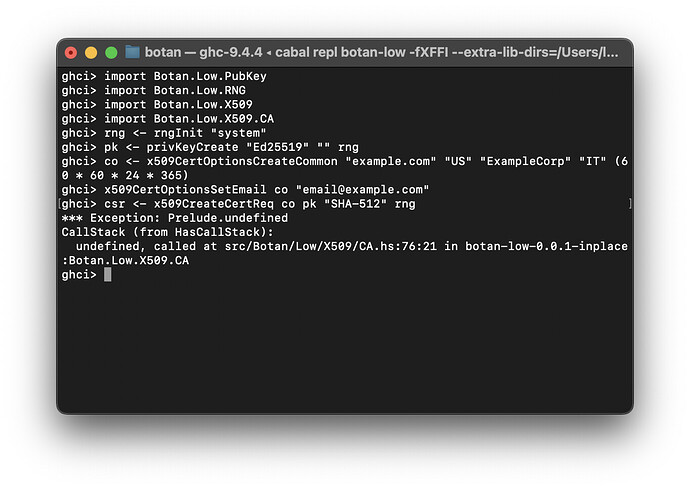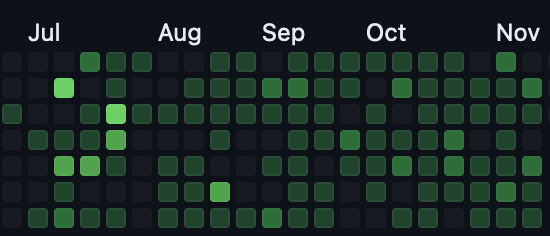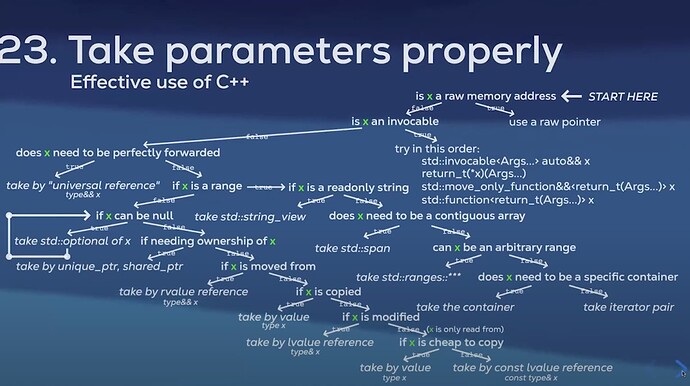Update: X509 data types, stub functions, and bindings
This update has been building for a few days now, and I’m glad to get it out. You see, you pull on one thread, and things start to unravel - and I can see why the original FFI authors didn’t want to implement more extensive X509 support.
Basic X509 functionality does exist, but is almost entirely limited to loading read-only objects, and I want to be able to use this library to create, sign, revoke certificates, encode / decode PEM and BER/DER formatted objects - so that means getting my hands dirty and doing it myself 
It is a bit tedious: to enable one functionality you must implement this other function which requires these data types in order to create these other ones - and and so on until you’re basically forced to implement everything, together. Luckily, that’s our explicit goal, so its no skin off our back!
I’m mostly mirroring the existing C++ API, and after soaking my brain in the X509 C++ source for a few days, I’ve written C FFI data types and function stubs for almost all of the X509 data structures. When I started, the existing X509 data types were just basic read-only Certificates and CRLs - now, we have data types for:
- Distinguished Names
- Extensions
- Certificates
- Certificate Authority
- Certificate Signing Requests
- Certificate Options
- Certificate Stores
- Path validation
- Supplemental data types
All of the things that you need to generate and sign new certificates! There still are some open questions (namely, returning arrays of things, and some questions of ownership), and I still need to do FFI types and function stubs OCSP support, and there’s some missing functions, but we’re getting there!
One large caveat, is that this is just the stub functions, and now I still have to go through and actually implement them all to call the C++ from C. There’s still a lot of work to do, but I’ve basically started in the middle, between the Haskell and the C++ - and with the bindings set, I can get to work on implementing the Haskell and the C++ together.
On the other hand, I’m basically defining the FFI types, and that’s one of the most important parts of programming. Plus, all of this X509 work is effectively doubling the size of the Botan C FFI (it now accounts for half of the FFI header file!) so I shouldn’t be surprised it’s taking a bit of time - I’ll bet the original FFI wasn’t built in a few weeks either!
These changes have been pushed to the repo and upstream fork.
If you want to check out this recent work you’ll have to clone the experimental botan-upstream fork, build and install it from source, and use the XFFI flag to enable the experimental FFI modules. There are some instructions in the README, or you can follow along here:
# Clone
git clone https://github.com/apotheca/botan-upstream $BOTAN_CPP
# Build and install C++
cd $BOTAN_CPP
./configure.py --prefix=$BOTAN_OUT
make
make install
# Play around with it
cd $BOTAN_HASKELL
cabal repl botan-low -fXFFI --extra-lib-dirs=$BOTAN_OUT/lib --extra-include-dirs=$BOTAN_OUT/include
That’s all for the moment! Next up, I’ll be fleshing out these function stubs to be vending actual objects that we can interact with!












